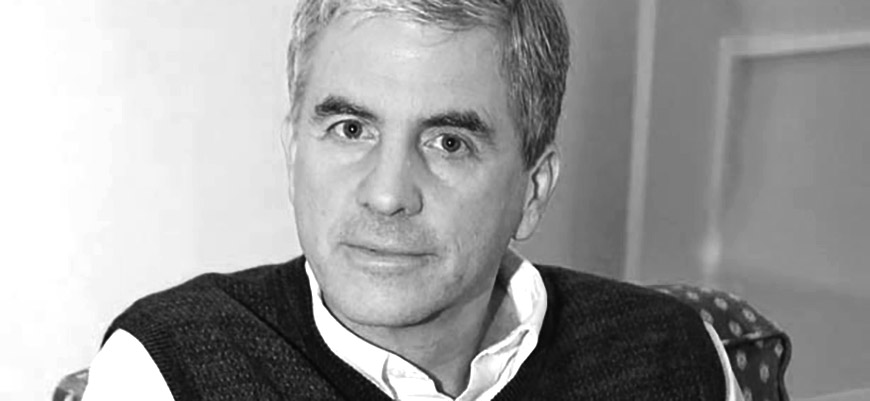In anticipation of our revamped website (I am told its arrival for the public is imminent – UPDATE 2-17-14: You’re looking at it!) we will be making some changes to the blog. These have been in the works for a long time, and will make the blog a more interesting, indepth area for current events news analysis, academic developments, and theological discourse. These new posts will be written by friends and members of Niagara who have volunteered their time to give us their insight.
We already have some great contributors lined up, including Rev. Dirk Ficca, who was kind enough to answer some questions about how he is affiliated with Niagara, and the important work he is currently doing. Thank you Rev. Ficca. – Eleanor Peck, Director of Communications and Member Relations
Eleanor: Can you tell us a little bit about how you started working with Niagara?
Rev. Ficca: I first became acquainted with Niagara in the late 1990s, aware of its intercultural and interreligious work in the metropolitan Chicago area. I worked closely with Orhan Cicek of the Australian Intercultural Society in preparation for the 2009 Parliament of the World’s Religions, held in Melbourne. I took a trip to Istanbul and Ankara with Orhan in 2008. Over the past several years I’ve spoken at Niagara events, and developed a close relationship with Hakan and Sherif. Last year they approached me about writing a book on the Hizmet movement and its impact on social cohesion.
Eleanor: How did you get started doing interfaith work to begin with?
Rev. Ficca: I served as the outreach coordinator for the 1993 Parliament of the World’s Religions, held in Chicago. I continued to work with the Parliament in metropolitan Chicago through the 1990s, then turned my attention internationally in organizing the 1999 Parliament in Cape Town, the 2004 Parliament in Barcelona, an Interreligious Encuentro in Monterrey, Mexico, in 2007, and the 2009 Parliament in Melbourne in 2009.
Eleanor: What role does religion play in world issues? How do you see religion as a tool to overcome social/political differences?
Rev. Ficca: Religion can be both part of the problem, and part of the solution. Religious communities and their traditions have the personal, communal, ethical and practical resources to address those issues that bear on a more just, peaceful, and sustainable world, if they choose to use them. Religion can be a vehicle for establishing relations between diverse groups. Religion can be an impetus to model alternatives and to take the lead in working for change. Religion can provide the staying power of hope and commitment in the face of suffering and seemingly intractable problems.
Eleanor: Can you tell us a bit about the work you’re doing in Sweden to overcome religious and cultural differences there?
Rev. Ficca: There is a crisis in Europe, with a growing immigrant population that has religion as a key source of identity, and the challenge it poses to a primarily secular and homogenous society. The social cohesion project in Sweden will draw on governmental bodies, local universities, the chamber of commerce, and religious communities – principally Jewish, Christian, and Muslim – over a five year period, employing a methodology that will identify those willing to work for understanding and mutuality in the society, and modeling the attitudes and activities that contribute to positive community relations.
Eleanor: And a bit about your book on the Hizmet movement. What is different about this book compared to other books on the movement?
Rev. Ficca: I’ve traveled to 15 cities in eight countries (Bosnia, Sweden, Belgium, Turkey, Kurdistan, Taiwan, Philippines, US) to chronicle stories about the people on the frontlines of the Hizmet movement. Many of the other books about the movement are philosophical or analytical in character. I want a broad audience – both inside and outside the movement – to learn first hand about the work of people motivated to serve humanity in an altruistic way, motivated by a deep commitment to the values and way of life embodied in Islam.
Eleanor: What topics would you most like to blog about/start open conversation about?
Rev. Ficca: The role of religion and spirituality in civil society, and in the broader society. The values and relational dimensions of current events and issues.

